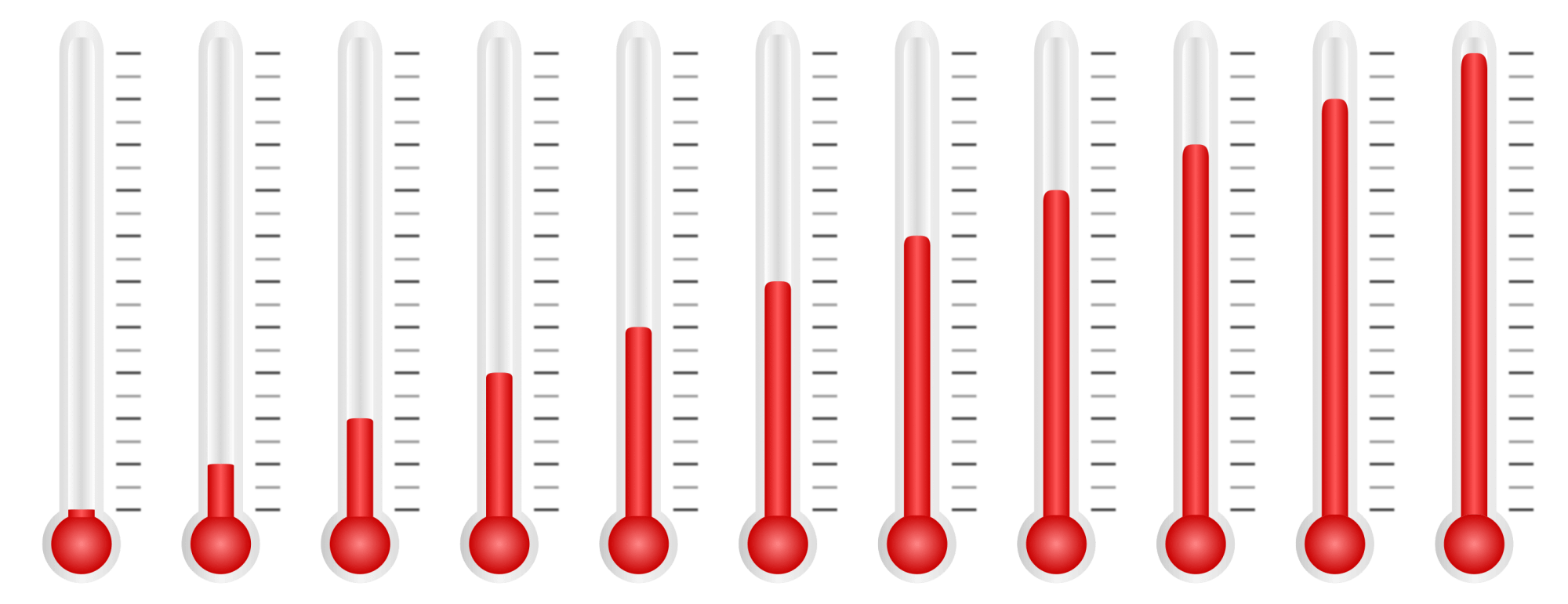
May 20, 2021
The Practical Benefits of a Temperature Monitoring System
Which is the highest used metric measurement in a vast number of industries and fields? The answer is temperature. Temperature is a critical measurement used in the scientific field, medical field, food industry, pharmaceutical, environmental field, etc. Whether you are taking flowers, food, or medicine from one area to the next, you want to ensure
Read More
April 2, 2021
Grocery Temperature Monitoring: How Your Food is Kept Safe
Without temperature monitoring, the foods you buy at your local grocery store would be hotbeds for dangerous bacteria. The kind of bacteria that can lead to serious illnesses and multiple infections. Fortunately, there are food safety standards in place at every step of the production chain to minimize risks. This is true at grocery stores
Read More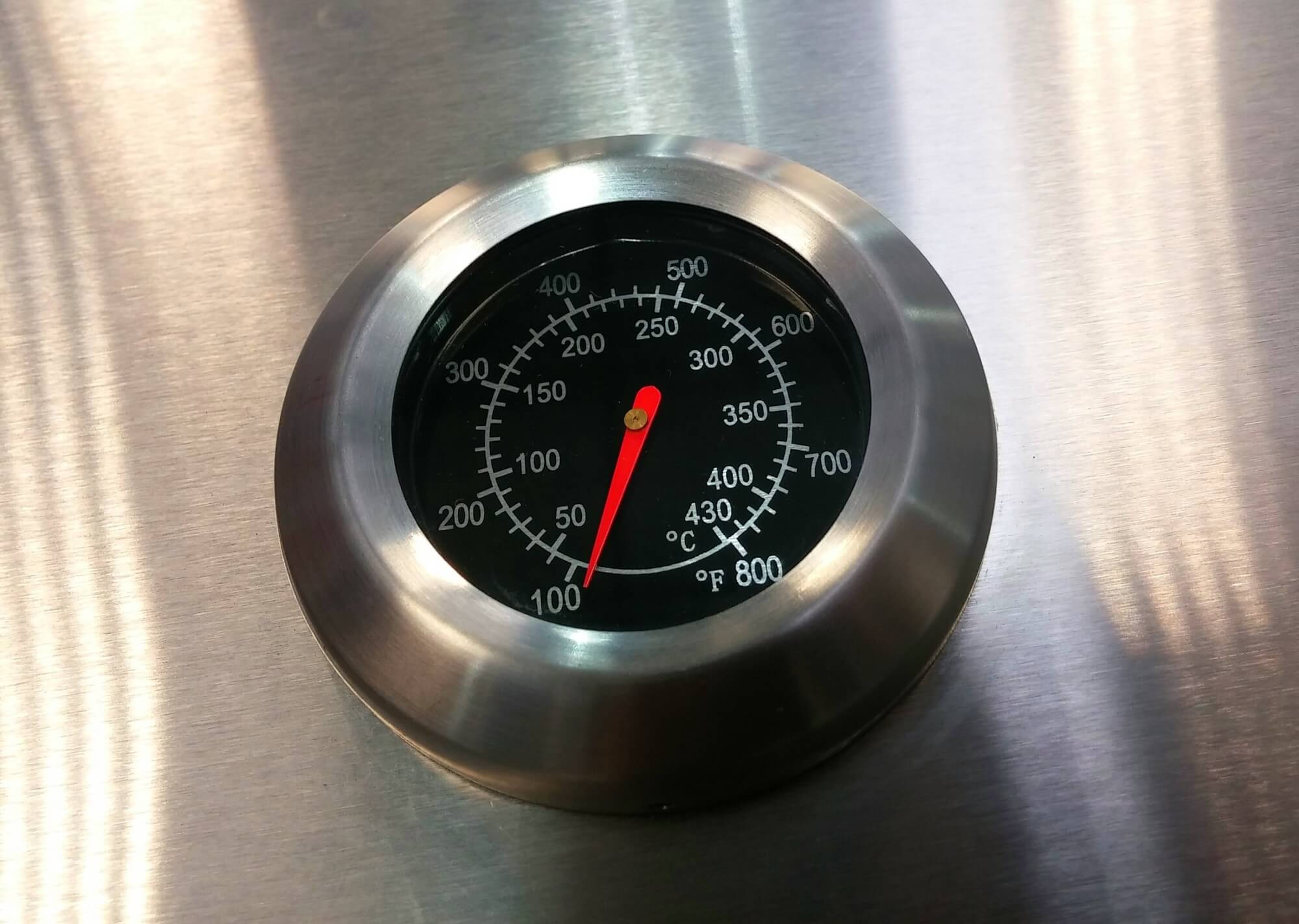
March 29, 2021
Food Safety Temperature Monitoring – How to Avoid Safety Violations
Temperature monitoring is an essential part of maintaining the quality of any product affected by a shift in temperature. For vaccine distribution, that means keeping temperatures low in transit. In food distribution, it can mean something entirely different depending on the circumstance. Monitoring food safety temperature should be done at all stages of a product’s lifespan.
Read More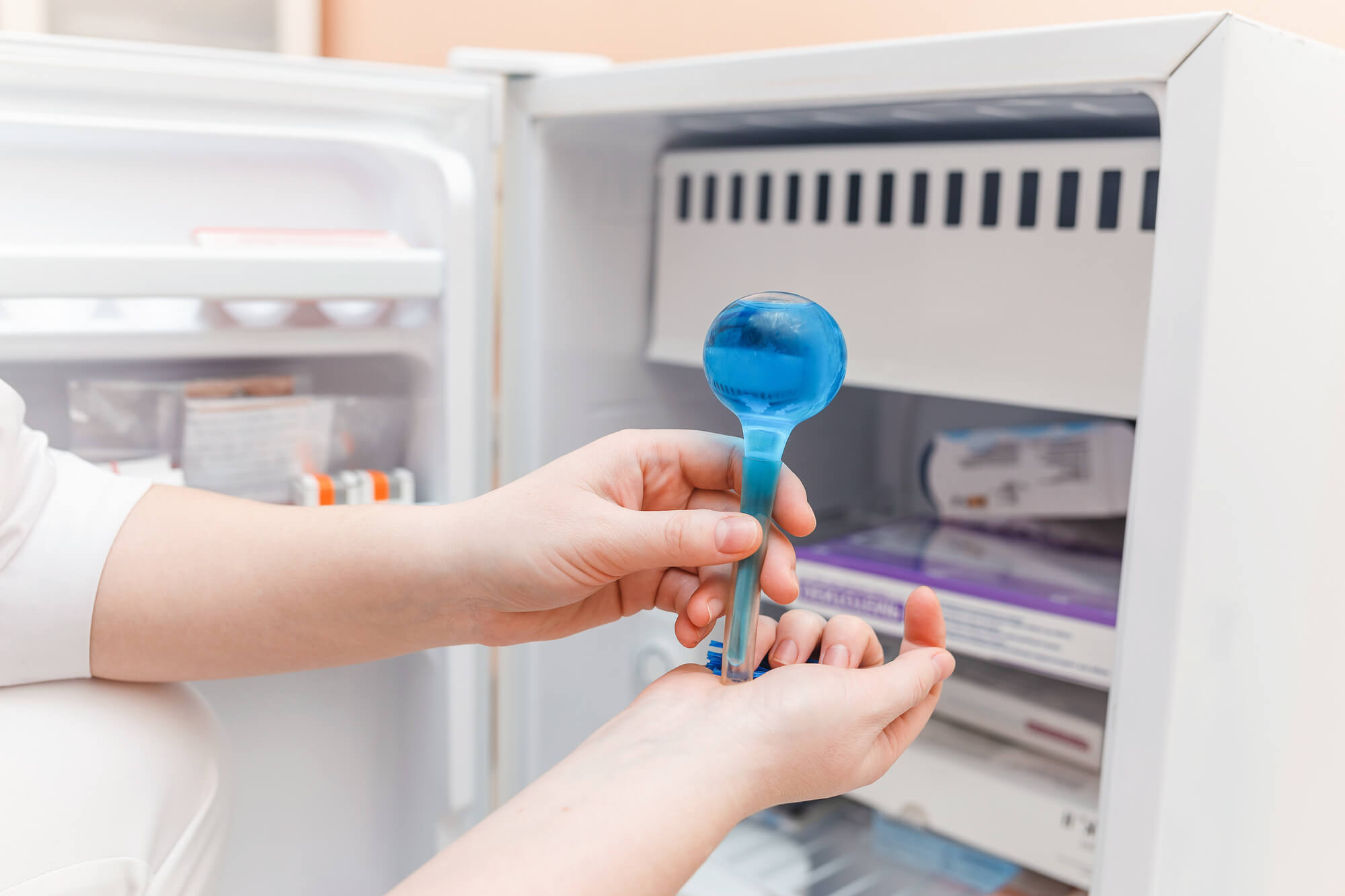
February 25, 2021
The Importance of Vaccine Temperature Monitoring in 2021
Vaccine temperature monitoring is crucial when it comes to storing any vaccine. Storing the vaccine properly protects its ultimate potency. Think about it this way, nobody wants a vaccine that doesn’t have full capability. COVID-19 is rampant in America. It is important now more than ever to make sure that all vaccines are in their
Read More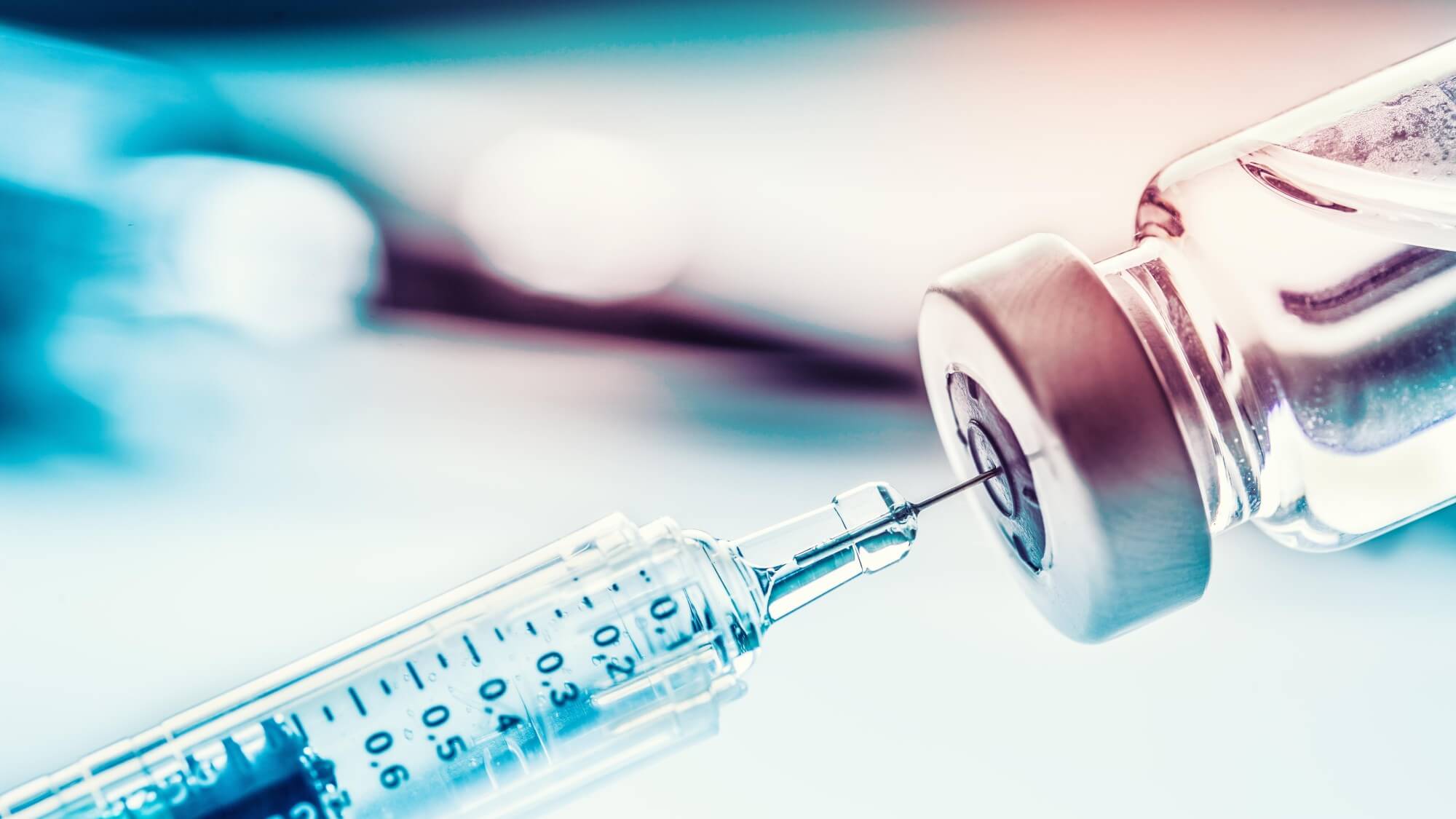
January 25, 2021
Your Ultimate Guide to Pharmaceutical Temperature Mapping
Drug manufacturers suffer billions of dollars in losses each year by failing to keep medicines and vaccines at correct temperatures. This does not even include costs for resupplying the drugs. Temperatures can exceed recommended ranges anywhere along the supply chain. Proper pharmaceutical temperature mapping prevents these temperature fluctuations. As a result, manufacturers save billions of dollars in ruined
Read More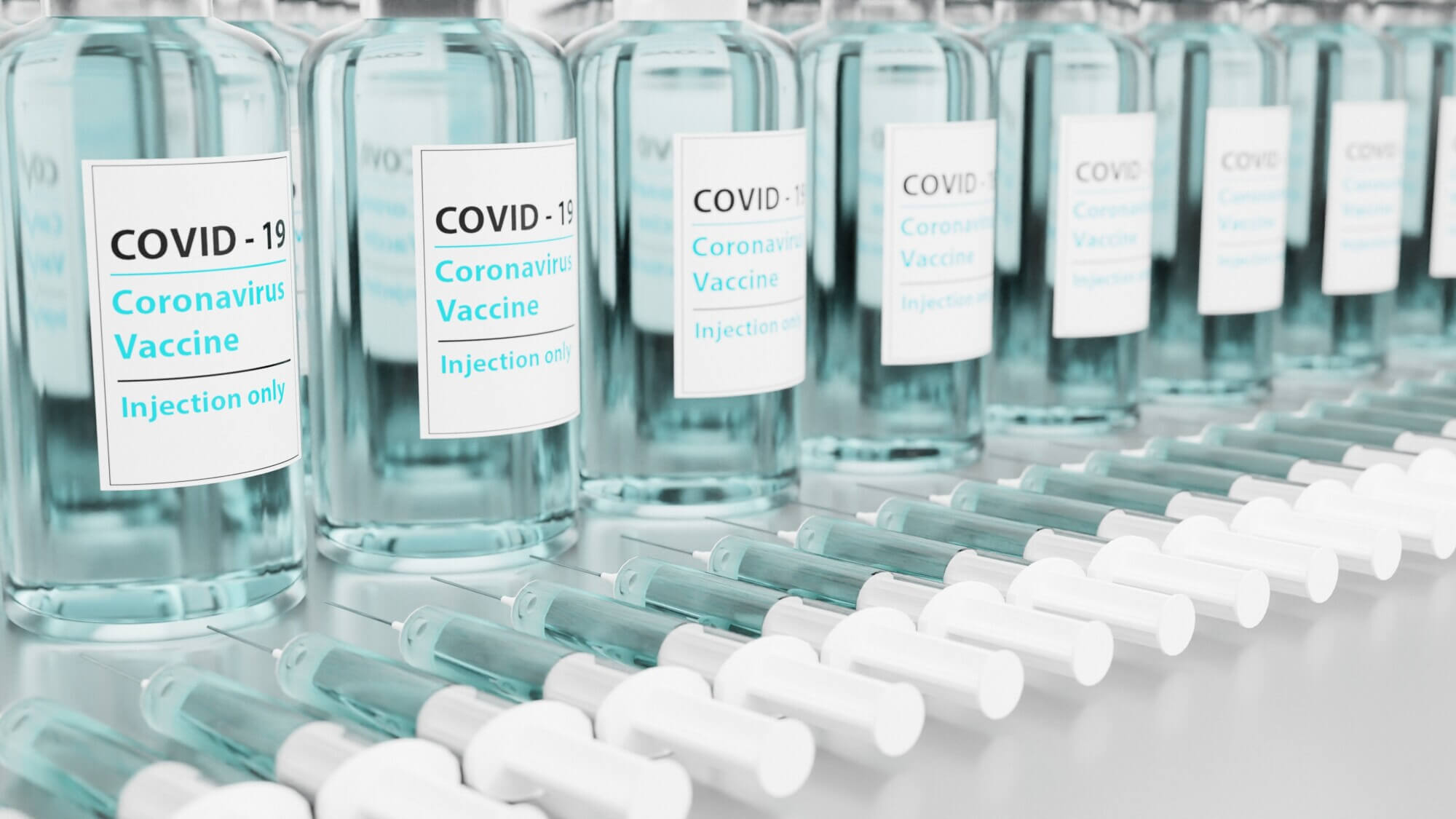
January 1, 2021
What Is Wi-Fi Temperature Monitoring?
You have just received an extra shipment of vaccines, and you couldn’t be more excited to start administering them to an ever more health-conscious public. The question is, how do you know that the vaccines have been kept at the right temperatures for safe use? The reality is, the temperatures that you expose vaccines to
Read More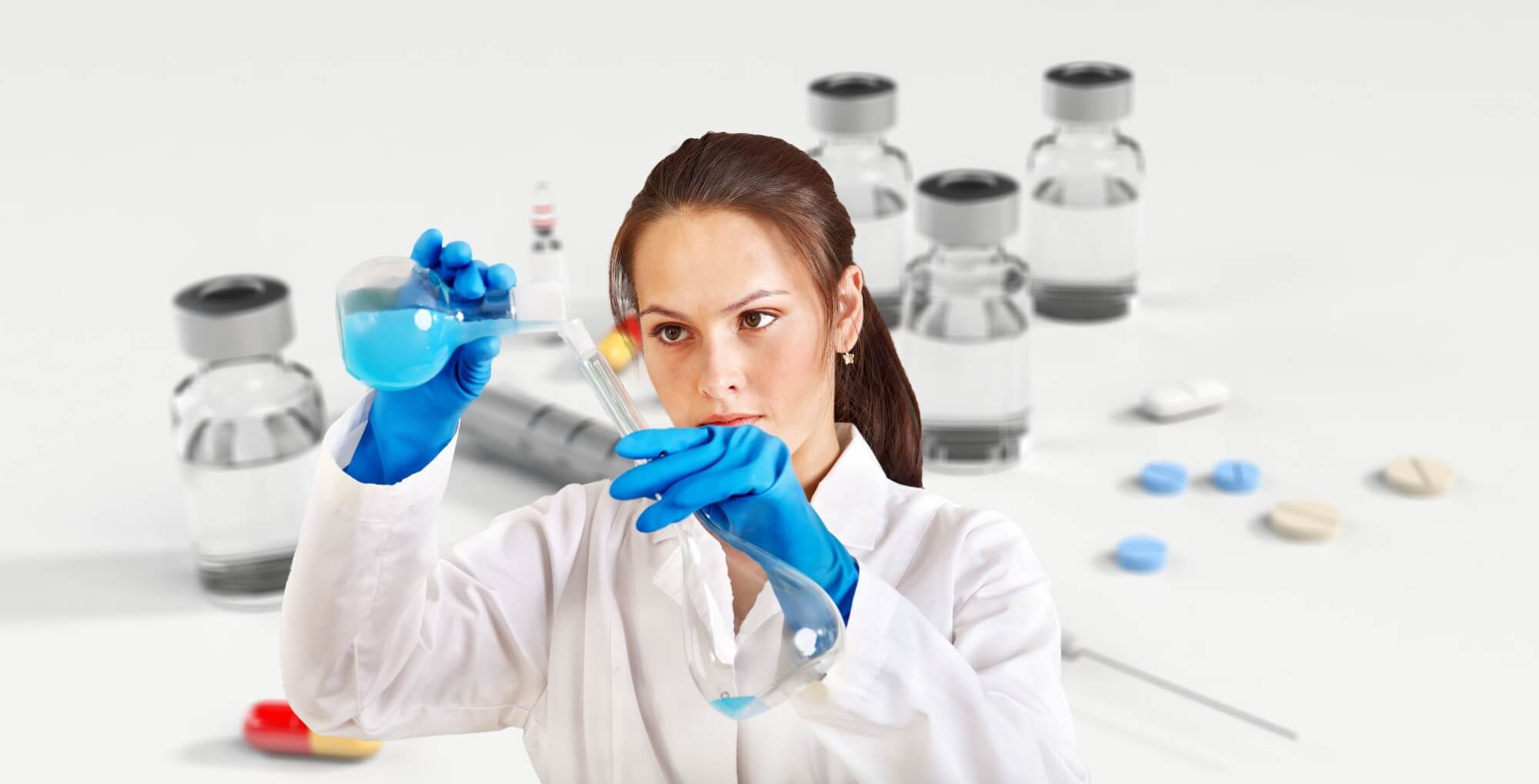
November 5, 2020
Storage of Vaccines: A Guide to Vaccine Temperature Monitoring
As the world faces more threats from viruses than ever and scientists work diligently to create vaccines to help people against these diseases, it’s more important than ever to understand the proper storage of vaccines. Vaccines save lives by preventing people from getting diseases such as the flu, but their efficacy only works if they
Read More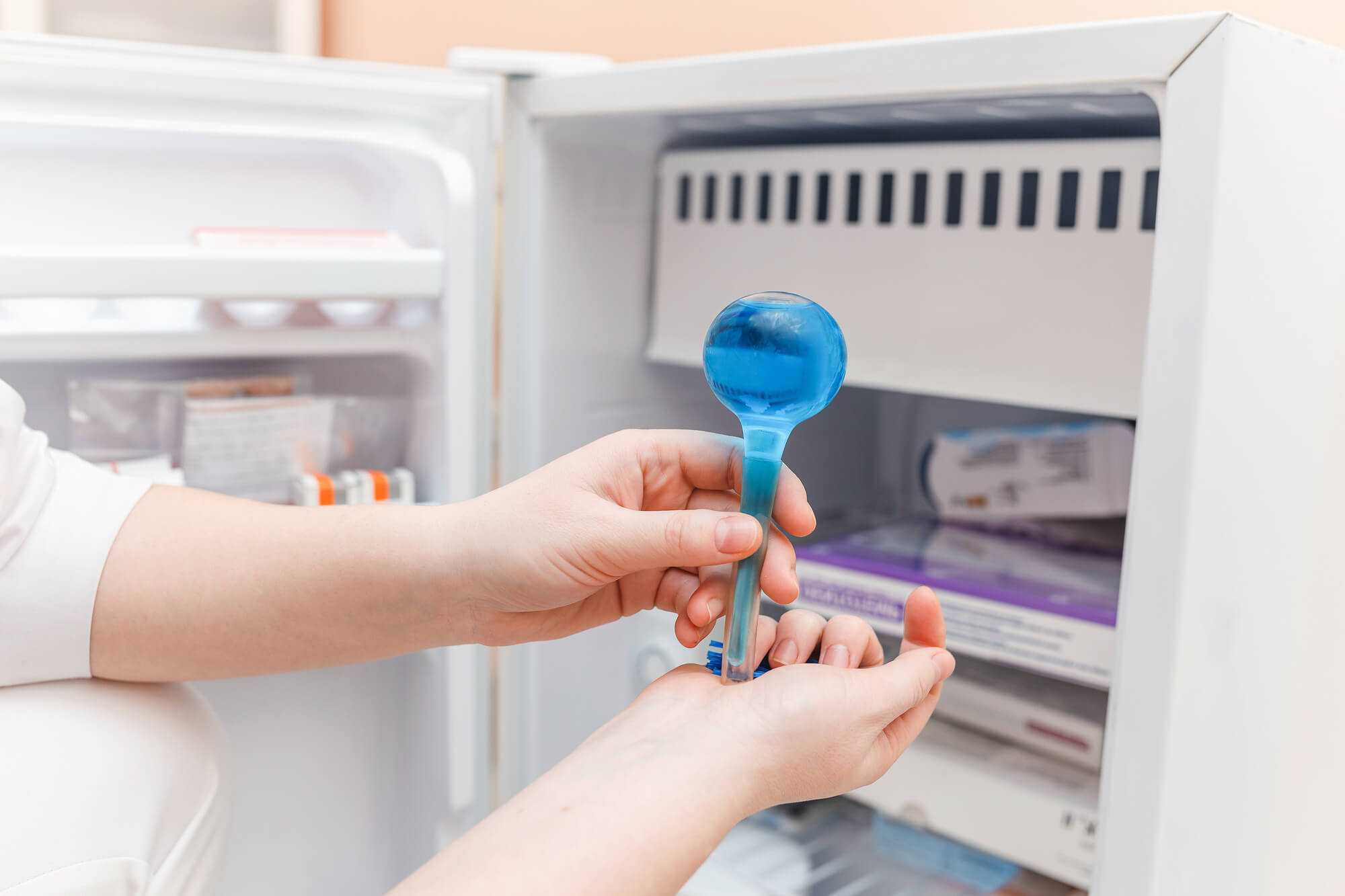
October 28, 2020
Pharmaceutical Temperature Mapping: Why Is It Needed?
The Biopharma industry loses about $35 billion annually due to temperature control failures. Does your business produce or handle pharmaceutical products? How confident do you feel in your refrigeration or freezer equipment? It’s important for all biopharma companies to do regular temperature mapping. This decreases lost revenue and the risk of selling harmful or ineffective drugs. Continue
Read More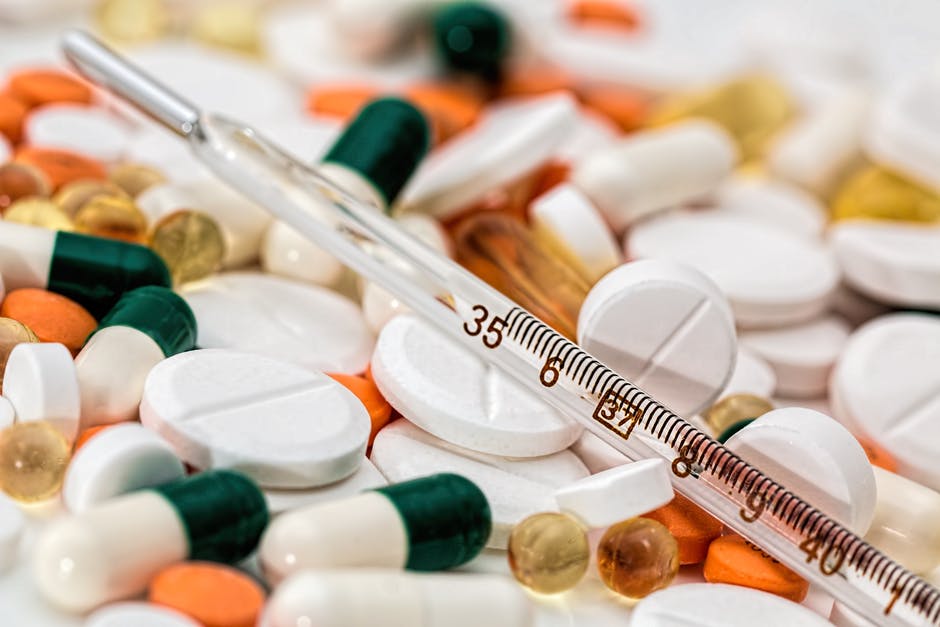
September 26, 2020
Keep Your Medications Safe: All About Pharmaceutical Temperature Monitoring
Time and experience have taught most of us that monitoring the temperature helps keep our medications safe and effective. In fact, pharmaceutical temperature monitoring has become a mandatory measure that the Federal Drug Agency (FDA) and the International Council on Harmonisation (ICH) require. Both the FDA and ICH require medications to have a temperature monitoring
Read More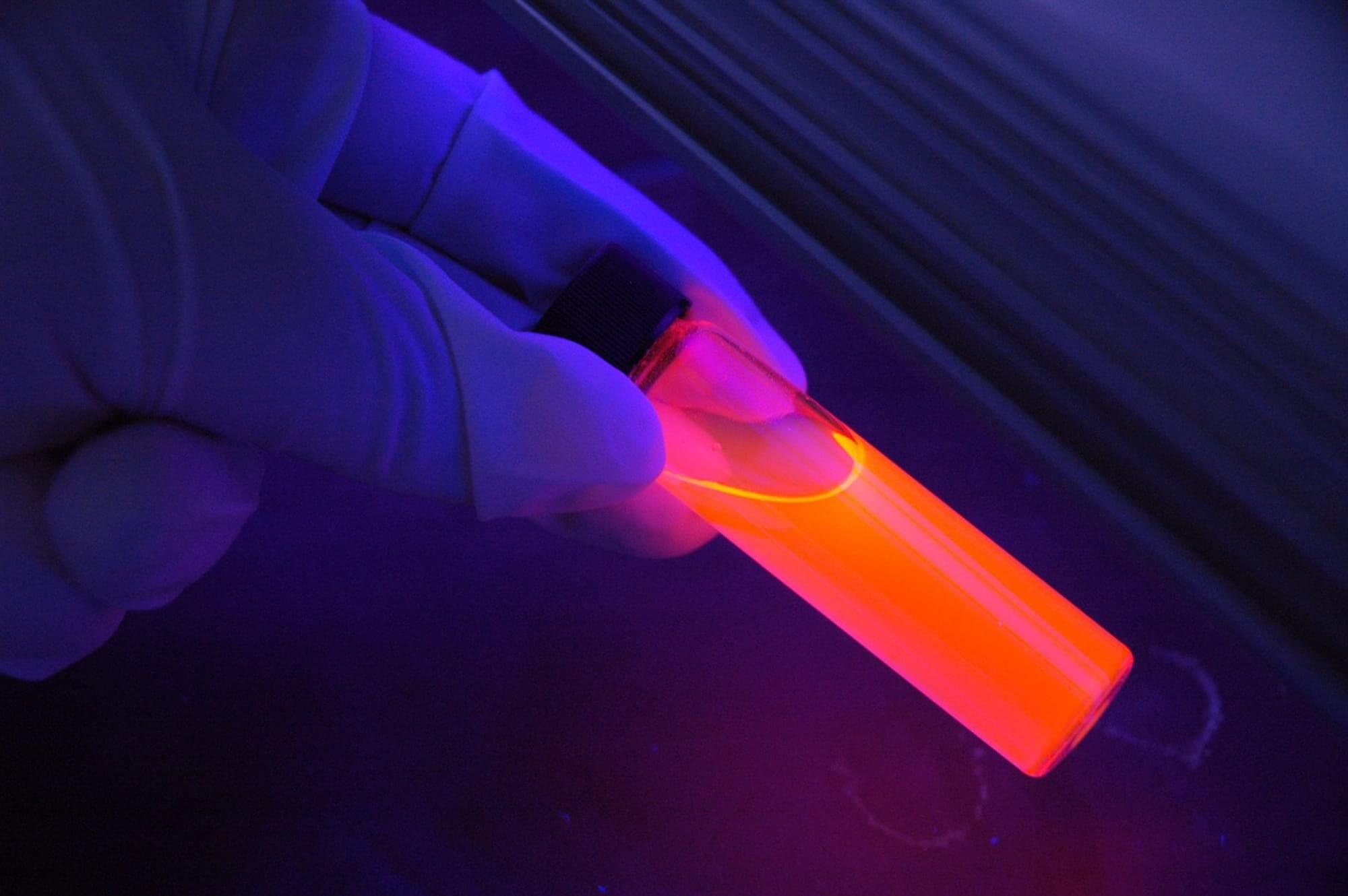
September 3, 2020
Evidence Management: How Temperature Fluctuations Affect Your Forensic Laboratory
It’s a common enough B-movie trope to see a piece of lab equipment fail and disaster to result. Of course, in a film the equipment fails in a spectacular fashion after being struck by lightning or perhaps random acid drips on it from above. In the real world, equipment is far better shielded, unfortunately, it
Read More